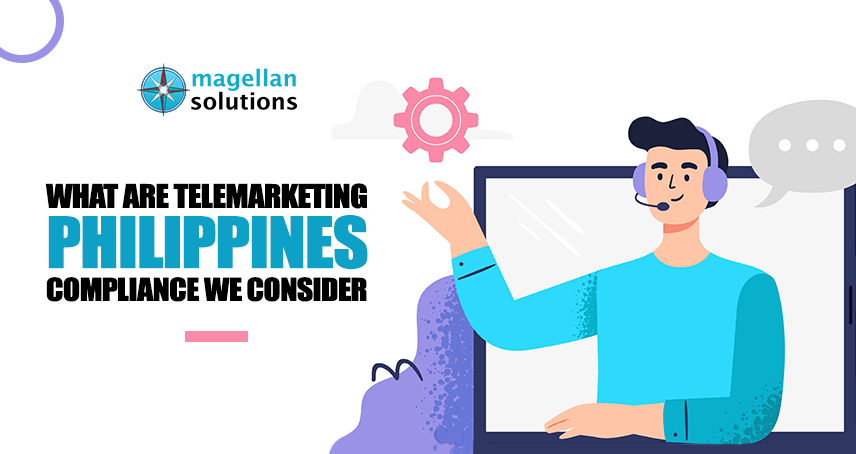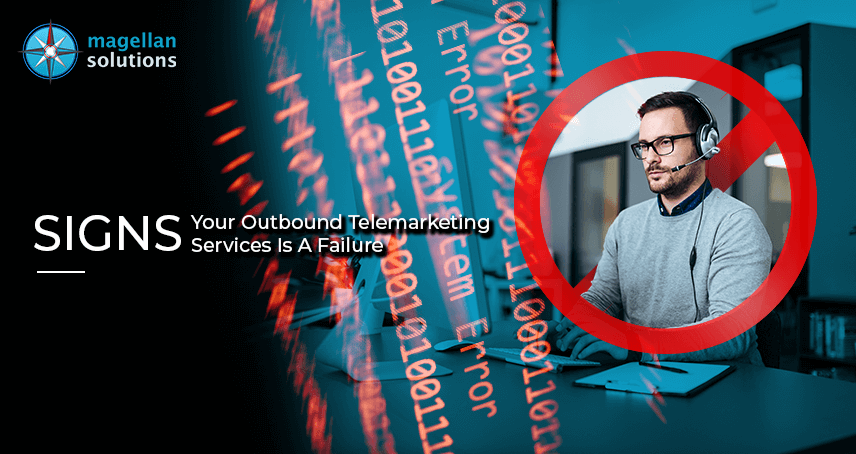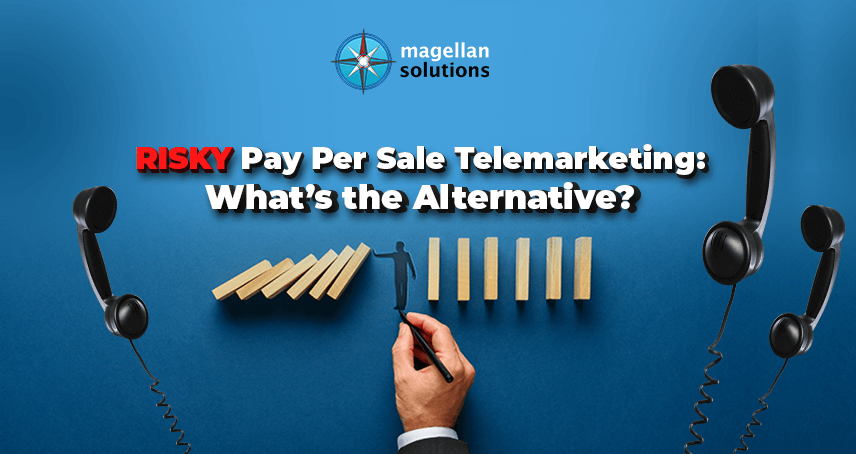Schedule a FREE call with our outsourcing expert now and get a precise quotation that meets your requirements. Don't wait - get started today!
Telemarketing Compliance: The Rules of Telemarketing You Need to Follow
When it comes to following legal requirements, the biggest challenge outbound telemarketing services Philippines face is being up to date.
Magellan Solutions wants to deliver the best service to your customers. That is why it’s in our best interest to know how to navigate legalities and rules.
The Controversy Surrounding Telemarketing
While telemarketing has become an enormously popular method to advertise items, it is also a polarizing strategy in modern marketing, because consumers find it unpleasant and hazardous. Most individuals do not enjoy being called by strangers suddenly.
A substantial number of firms utilize unethical – or at least exceedingly unpleasant – techniques in telemarketing. For example ‘robocalling’, a practice that uses a pre-recorded message transmitted to thousands of telephone customers in one broadcast – the telephone rings, you answer, and hear a promotional recording.
Ever since humans first started using the telephone, it has been a significant marketing and sales tool.
Scammers use the telephone to scam people, especially older adults who live on their own and have symptoms of dementia or some form of cognitive disability. Fear of being deceived or having a family member swindled has made many individuals anti-telemarketing.
Telemarketing Legislation
Because of scammers and aggressive telemarketing tactics, governments have created legislation to protect consumers. In the US, ‘Do Not Call’ lists help reduce unwanted calls. Companies violating these lists face hefty fines. The Federal Trade Commission manages the National Do Not Call Registry, warning consumers about scammers impersonating the program.
The UK’s Telephone Preference Service offers a similar opt-out option. While market research calls are allowed within limits, many companies violate these rules. For additional protection, consider call-blocking devices or services from your phone provider (fees may apply).
What is Telemarketing Compliance?
Digital marketing may be all the rage, but the value of personal connections remains undeniable. While COVID-19 has limited face-to-face meetings, businesses still turn to phone calls to build trust. However, with increasing privacy concerns, companies must be careful about how they collect and use customer information.
Navigating the complexities of telemarketing law is essential. Federal law defines telemarketing as any phone call or message encouraging the purchase of products or services. Companies must constantly adapt to stay compliant with changing state and federal regulations.
The Telephone Consumer Protection Act (TCPA) protects consumers’ rights. It allows individuals to sue for unsolicited telemarketing calls, faxes, pre-recorded messages, auto-dialed calls, and texts. Companies breaking the TCPA or other relevant laws can face substantial fines.
Another important regulation is the Telemarketing Sales Rule (TSR). It requires businesses to be transparent about their products or services during sales calls. Failing to do so could result in fines of up to $16,000 per violation. The TSR also created the National Do Not Call Registry in 2003, letting consumers opt out of most unsolicited calls.
Telemarketing Services in the Philippines Consent & Compliance
Our qualified Filipino telemarketers understand the impact the requirements can have on your operations. This is why we want to work with you to ensure compliance while facilitating your sales and marketing goals.
Even more so, we are aware that failure to comply with relevant legislation can have a devastating impact on your business.
So we’ve listed the most important procedural requirements:
Time and Day Restrictions
Federal law restricts telemarketing calls to the hours between 8:00 a.m. and 9:00 p.m. However, some state laws impose a narrower calling window.
Furthermore, most jurisdictions prohibit telemarketing calls on Sundays.
But again, some states permit certain types of calls during specially designated hours. In addition, there are also states that prohibit all telemarketing calls on legal holidays.
Recording Requirements
At a minimum, to the extent that a business records its telemarketing calls, there must be clear notice to the consumer.
Our agents start by informing customers the call will be recorded for quality assurance and kept as a record of the conversation.
Call Conduct Requirements
Under applicable federal and state law, call center services Philippines agents must provide general details.
This should include the full first and last name, as well as the full corporate name or registered d/b/a of the entity that they are representing.
Moreso, several states apply the “no rebuttal rule”.
This means that the telemarketer must end the call if a consumer indicates they’re not interested in the product or service.
The telemarketer can no longer try to convince the consumer to purchase/obtain the product and/or service offered.
Meanwhile, other states permit only one “rebuttal” before the telemarketer is compelled to end the call.
Telemarketing Philippines outbound is not always about annoying calls
Companies face risks from both regulators and consumers.
Violations of telemarketing and DNC rules are subject to fines of up to $40,000 per violation. These rules are regularly enforced by federal regulators and state attorneys general.
The TCPA provides consumers with a private right of action which has led to thousands of lawsuits per year and settlements amounting to millions of dollars.
It’s also important to keep in mind the possibility of PR damage to your organization. The effects of negative publicity can be worse for a company long-term than the fine or settlement.
But with B2B lead generation companies in the Philippines, we make sure that our agents know when to stop pushing for their agenda.
We prioritize the image that your company upholds. Thus, we put our utmost focus on reiterating the importance of putting a limit on our calls.
This is only a brief overview of some of the procedural requirements that we observe. Contact us via our form below and we’ll get back with more details.














